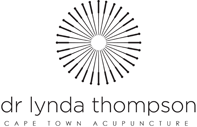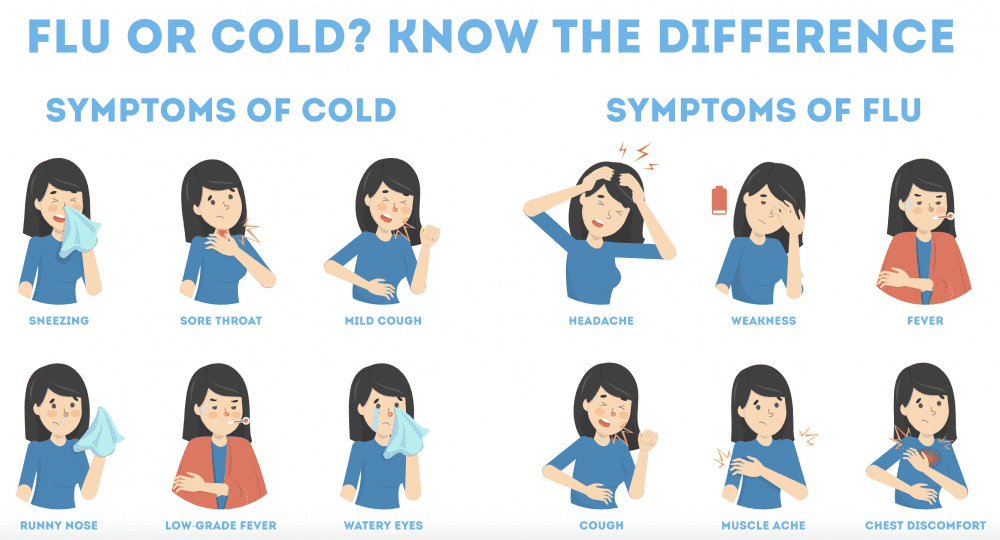How Acupuncture Works
1. Traditional Chinese Medicine (TCM) Theory:
This theory suggests that acupuncture works by balancing the flow of energy or qi (pronounced “chee”) along specific pathways in the body known as meridians.
It is believed that blockages or imbalances in the flow of qi can lead to illness or discomfort, and acupuncture aims to restore the balance by stimulating specific points along the meridians.
2. Neurotransmitter Theory:
Acupuncture has been shown to stimulate the release of various neurotransmitters such as endorphins, serotonin, and dopamine.
These neurotransmitters are known to modulate pain perception, mood, and overall sense of well- being.
By influencing these neurotransmitter levels, acupuncture may help alleviate pain and improve mood.
3. Gate Control Theory:
According to this theory, acupuncture stimulates sensory nerves, which then send signals to the brain that interfere with the transmission of pain signals. Essentially, the stimulation of certain acupuncture points may “close the gate” to pain signals, reducing pain perception.
4. Autonomic Nervous System Modulation:
Acupuncture has been shown to influence the autonomic nervous system, which regulates involuntary bodily functions such as heart rate, digestion, and respiratory rate.
By modulating the activity of the sympathetic and parasympathetic branches of the autonomic nervous system,
acupuncture may help regulate various bodily functions and promote relaxation.
5. Connective Tissue Stimulation:
Acupuncture needles may stimulate connective tissue, leading to local and systemic effects. Connective tissue contains a high density of sensory receptors and is involved in transmitting mechanical signals throughout the body.
Stimulation of connective tissue through acupuncture may trigger cascades of biochemical reactions that contribute to therapeutic effects.
6. Placebo Effect:
It’s also possible that the therapeutic effects of acupuncture are, at least in part, due to the placebo effect.
The ritualistic aspects of acupuncture treatment, including the insertion of needles, the environment, and the interaction with the acupuncturist, may lead to psychological and physiological changes that alleviate symptoms.
7. Endogenous Opioid System Activation:
Acupuncture has been shown to activate the body’s endogenous opioid system, which includes naturally occurring pain-relieving substances such as endorphins and enkephalins.
By stimulating opioid receptors in the brain and spinal cord, acupuncture may produce analgesic effects.
These theories are not necessarily mutually exclusive, and it’s likely that multiple mechanisms contribute to the therapeutic effects of acupuncture.
Ongoing research continues to explore and refine our understanding of how acupuncture works.



